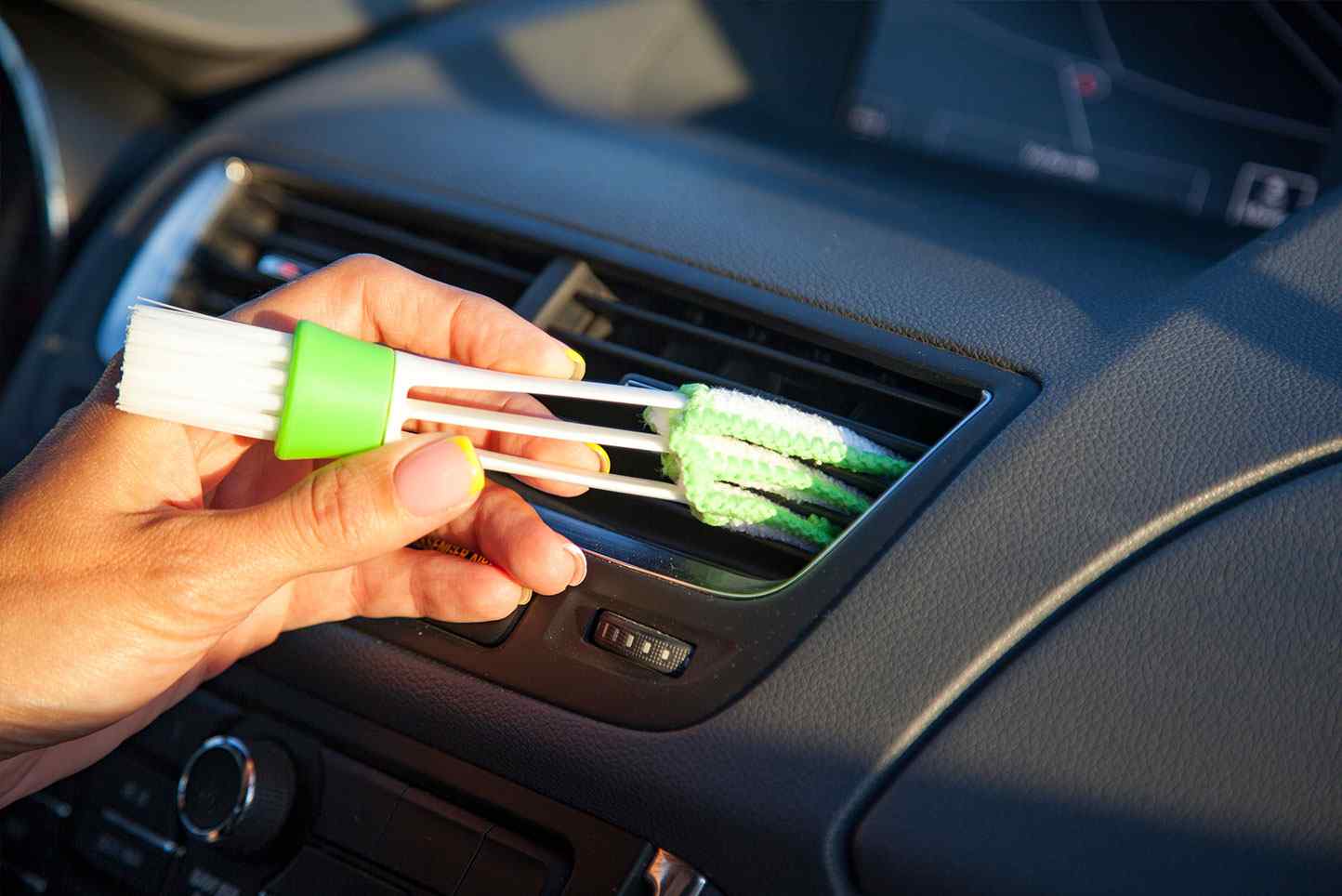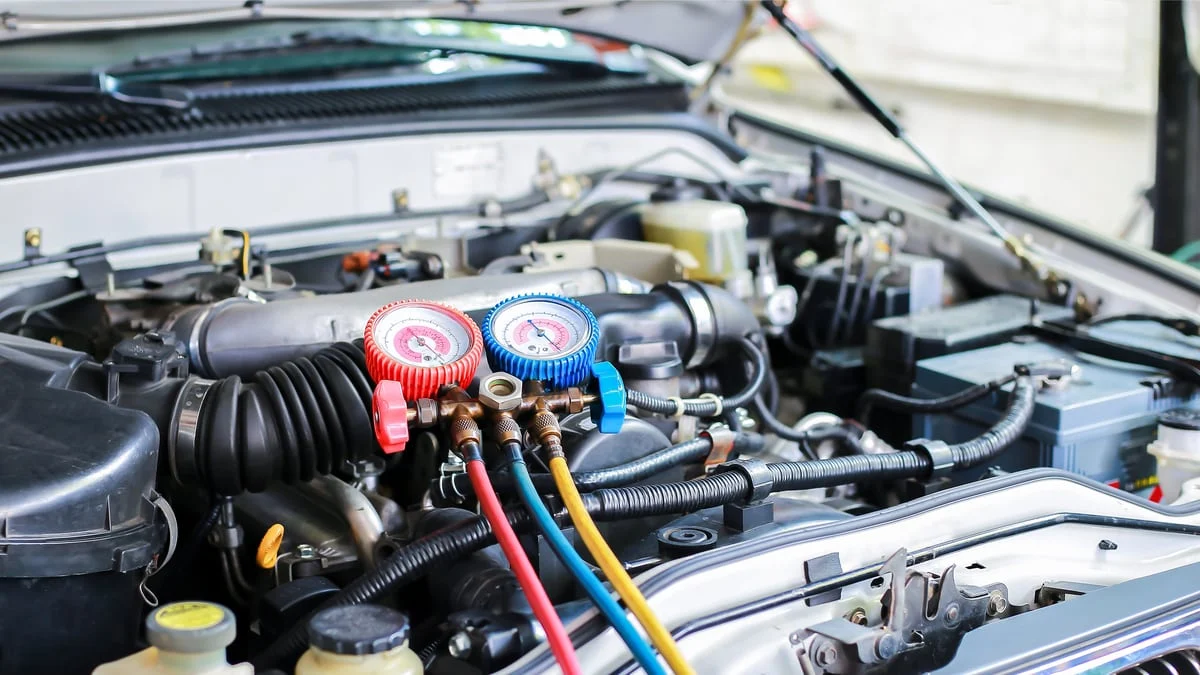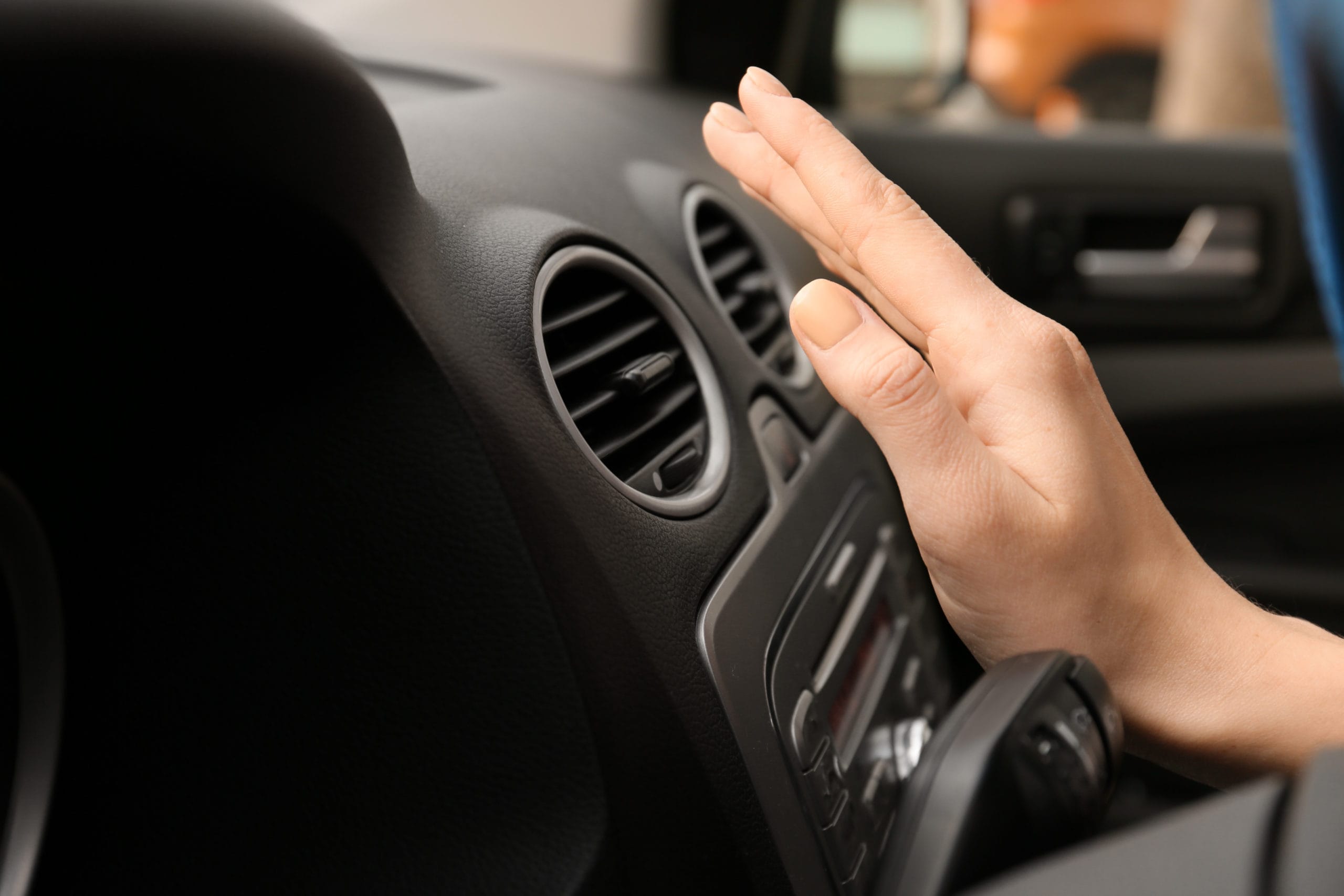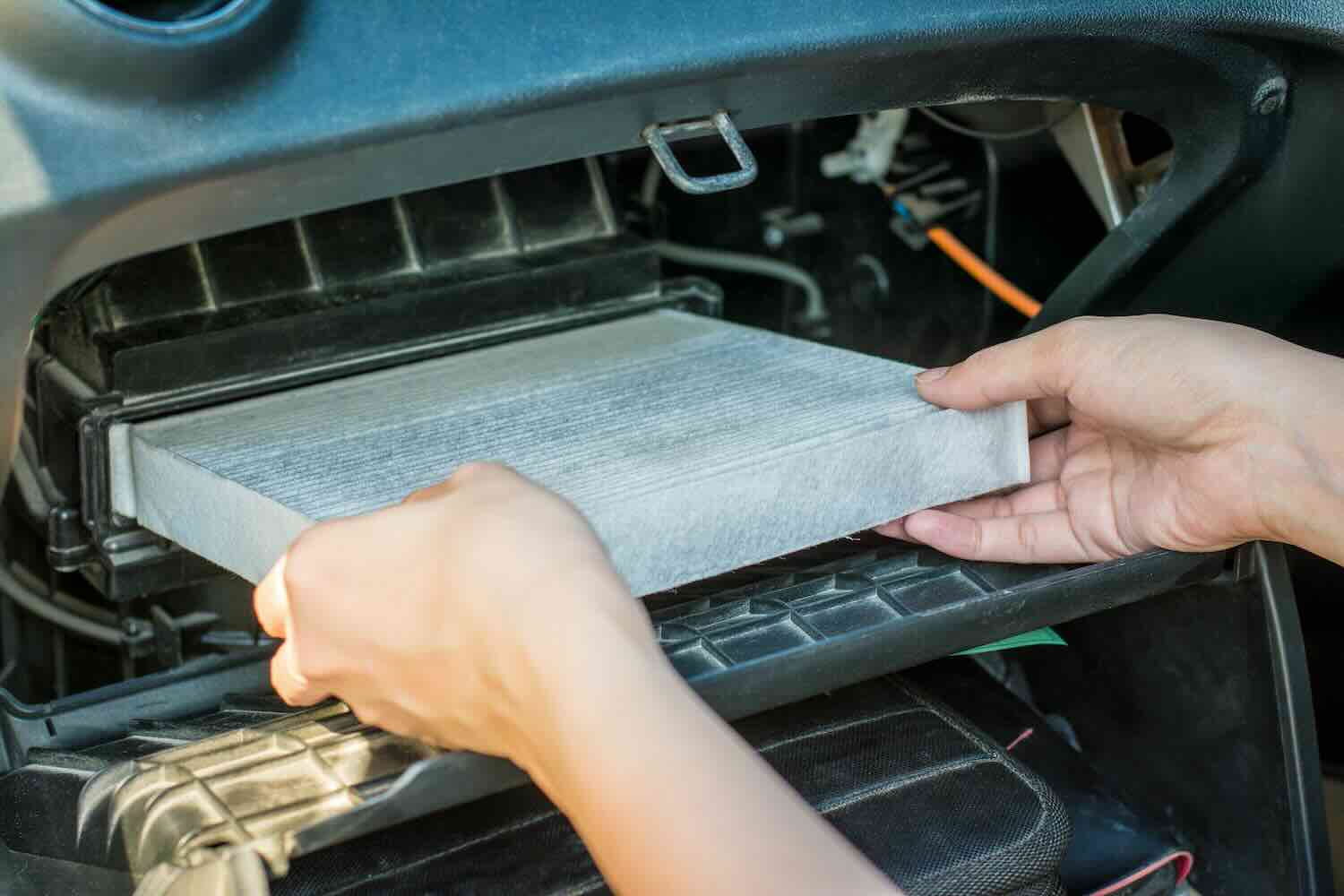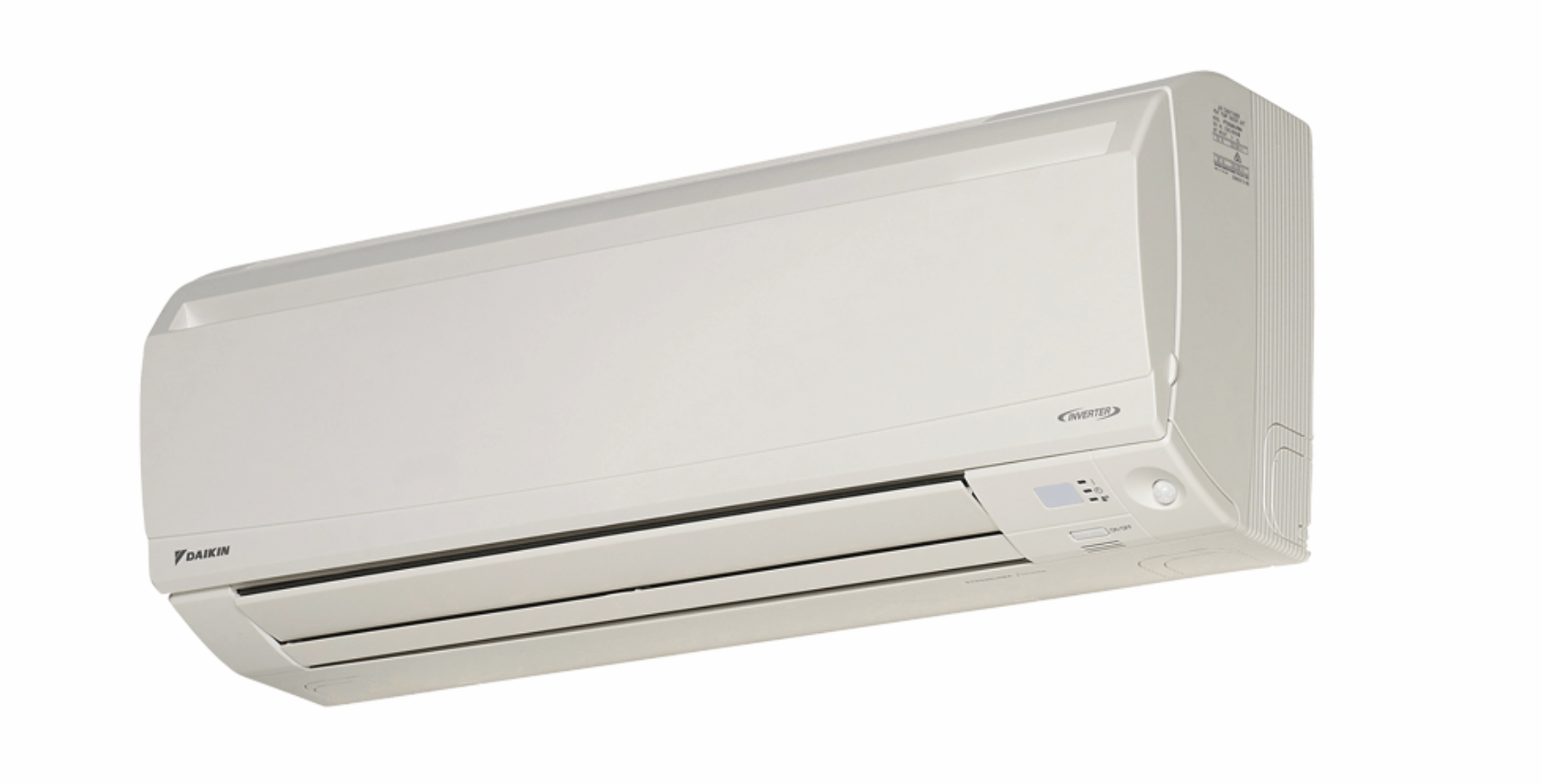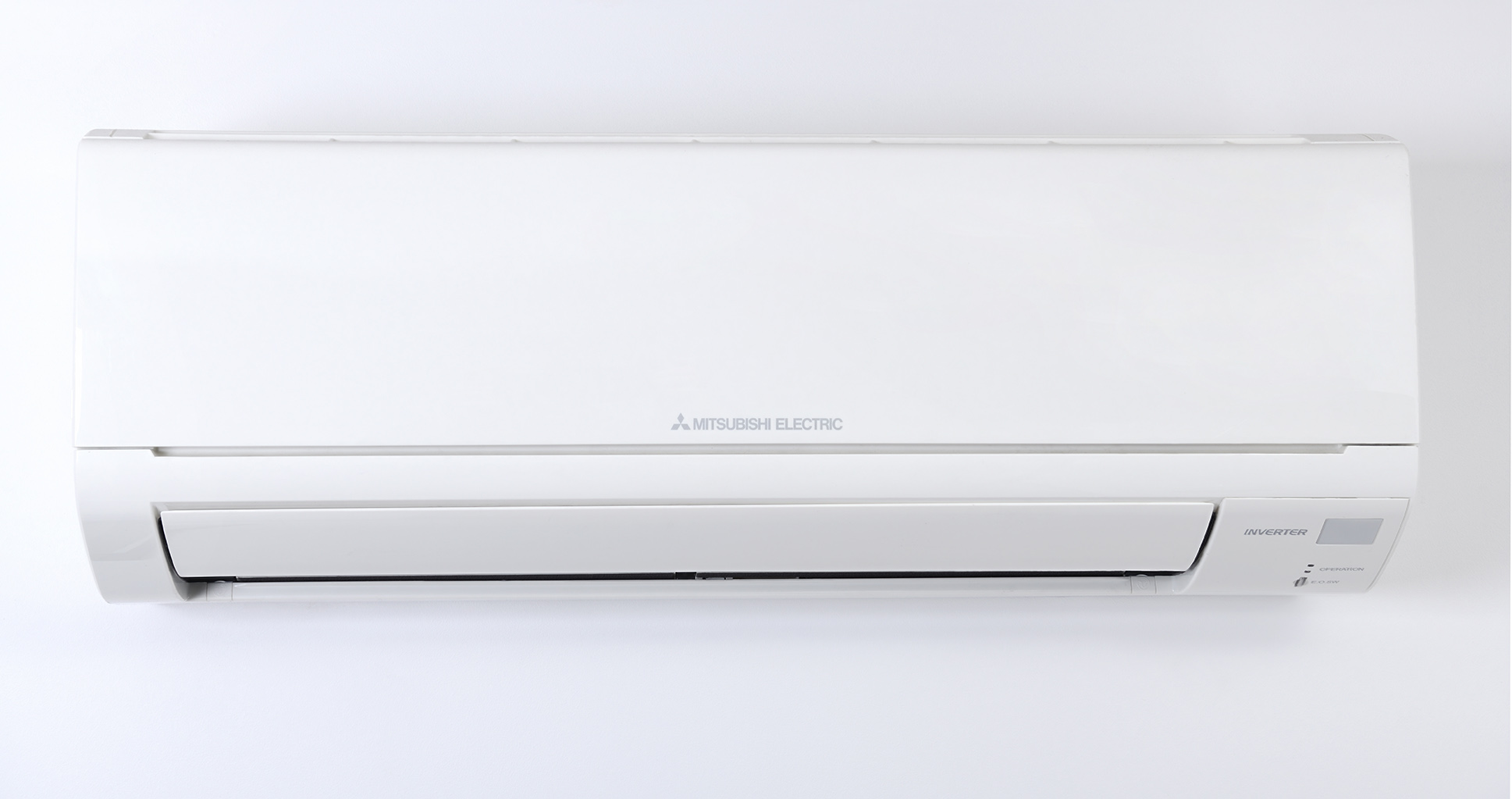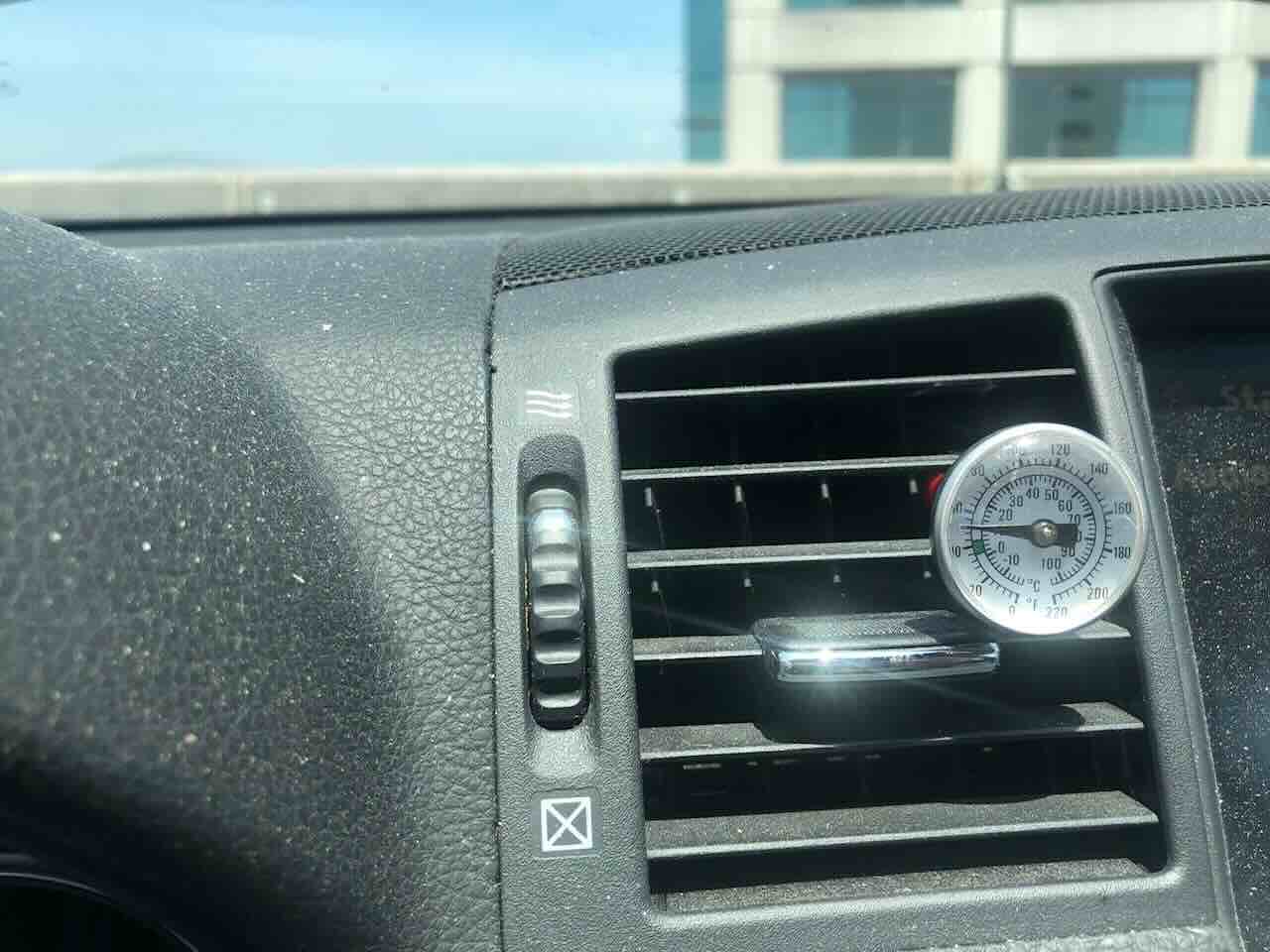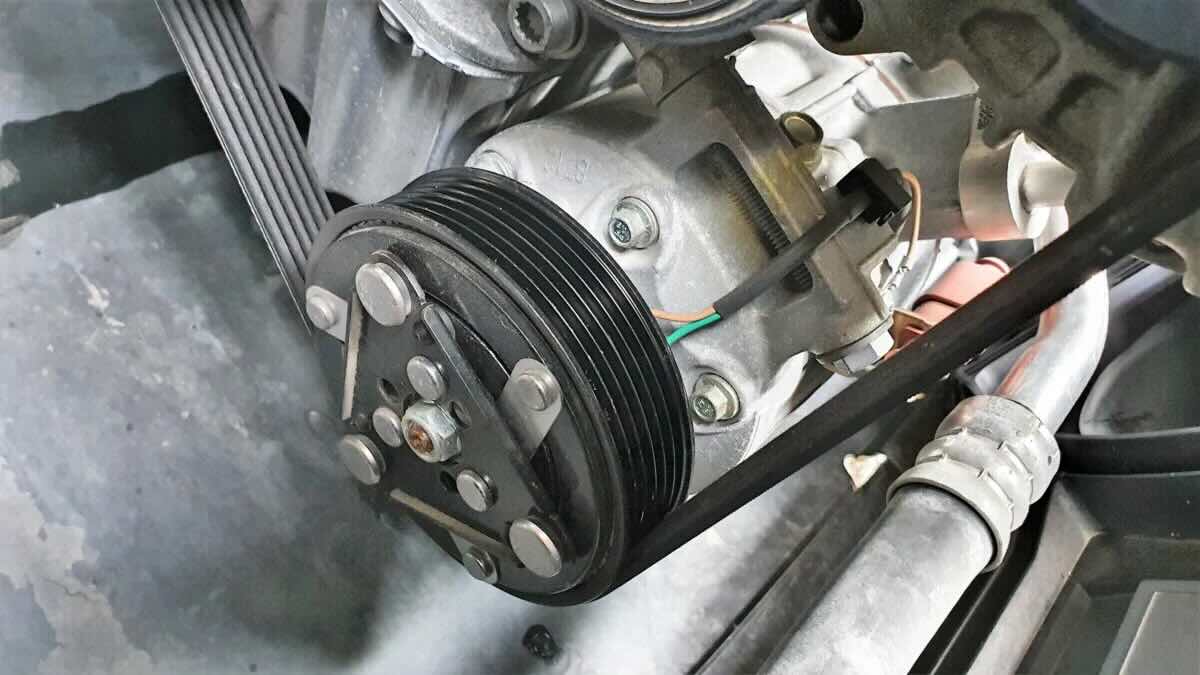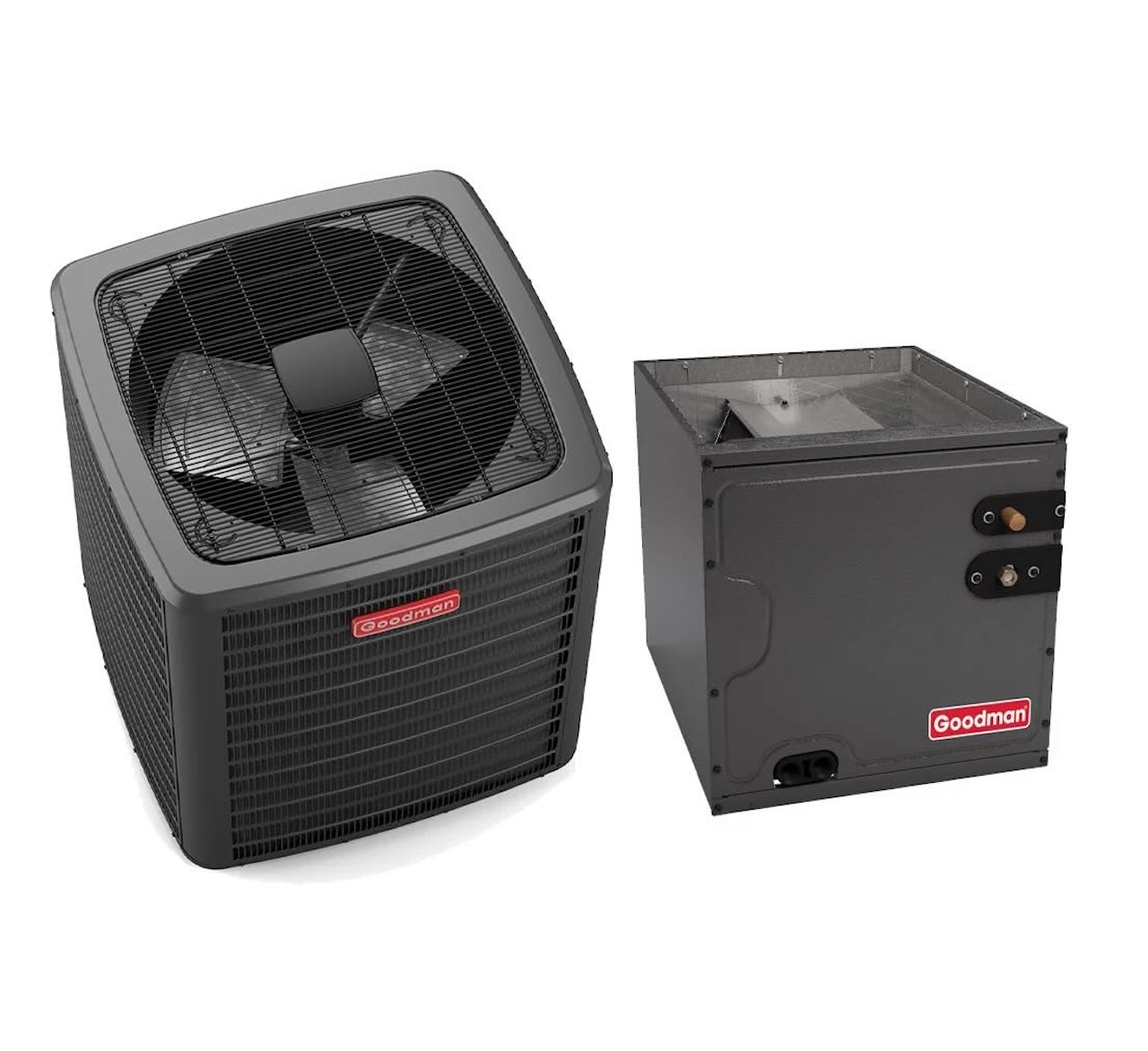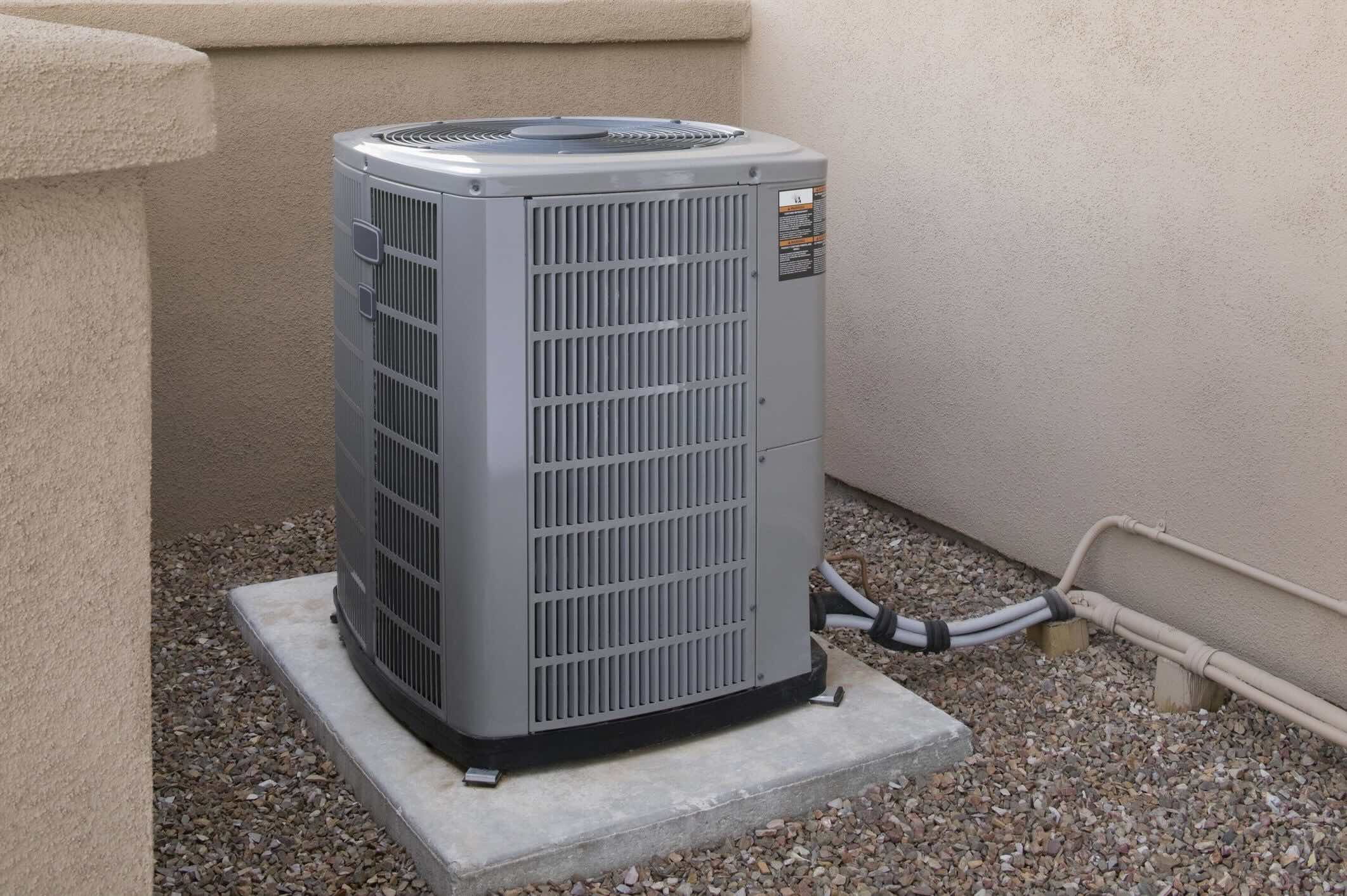Home>Home Maintenance>How Much To Repair An Air Conditioner In A Car
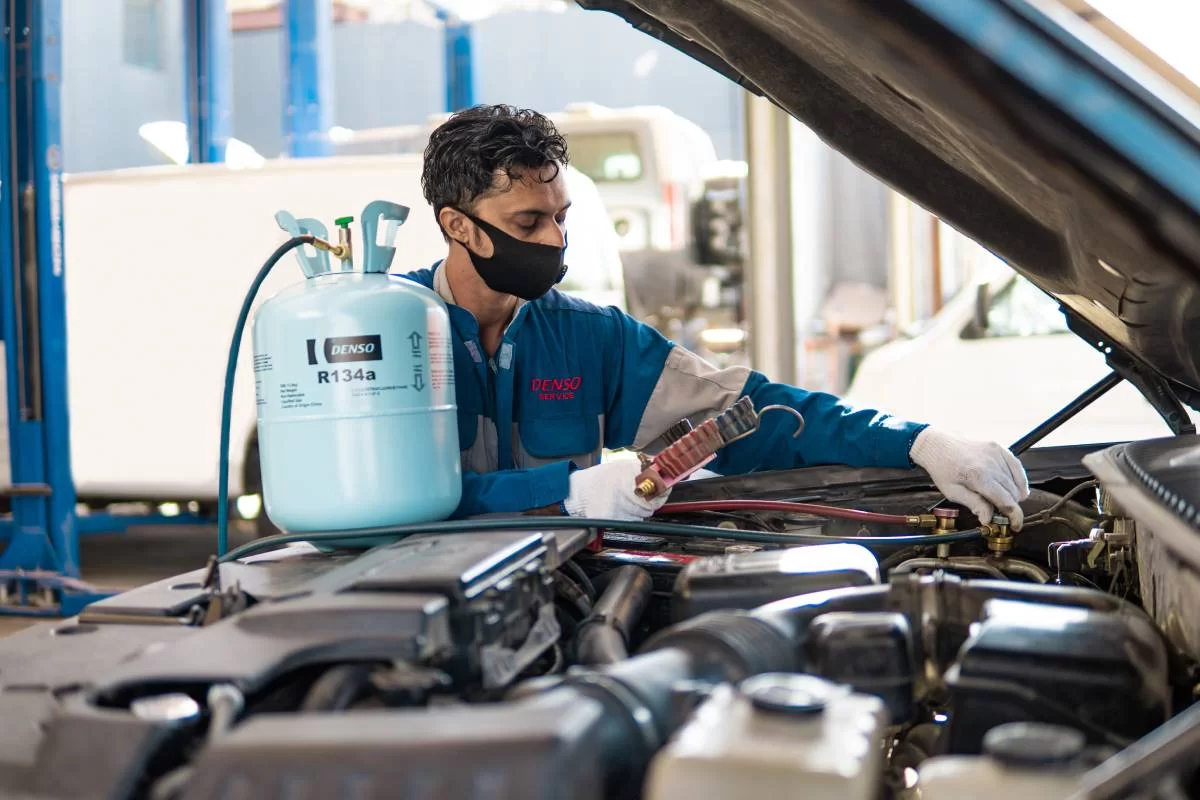

Home Maintenance
How Much To Repair An Air Conditioner In A Car
Modified: October 20, 2024
Find out the cost of repairing your car's air conditioner to keep your home maintenance budget in check. Get expert advice and affordable solutions.
(Many of the links in this article redirect to a specific reviewed product. Your purchase of these products through affiliate links helps to generate commission for Storables.com, at no extra cost. Learn more)
Introduction
Welcome to the world of car maintenance, where keeping your vehicle’s air conditioning system in top shape is crucial for a comfortable driving experience, especially during hot summer days. However, just like any other system in your car, the air conditioner can encounter problems that require repairs.
Understanding the air conditioning system in your car is essential to grasp the importance of regular maintenance and the potential costs associated with repairs. In this article, we’ll explore the common types of air conditioner problems in cars, factors that can affect repair costs, the average cost of repairing different components, tips for saving money on repairs, and how to determine when it’s time to seek professional help.
Whether you’re a car enthusiast or simply a car owner with minimal knowledge about car maintenance, our goal is to provide you with comprehensive information to help you make informed decisions when it comes to repairing your car’s air conditioner.
So, let’s dive in and explore the ins and outs of air conditioner repairs in cars!
Key Takeaways:
- Keep your car’s air conditioning system in top shape by addressing issues promptly to avoid costly repairs. Regular maintenance and prompt attention to signs of problems can make a difference in saving money on air conditioner repairs.
- When deciding between DIY and professional repairs for your car’s air conditioning system, weigh the pros and cons. DIY repairs can save money, but professional repairs offer expertise, resources, and warranties for reliable and efficient repairs.
Understanding the Air Conditioning System in a Car
Before delving into the common problems and costs associated with air conditioner repairs in cars, it’s crucial to have a basic understanding of how the system works. In simple terms, the air conditioning system in a car is responsible for cooling and dehumidifying the air, keeping the interior comfortable for the occupants.
The main components of the air conditioning system include the compressor, condenser, evaporator, expansion valve, and various sensors. Starting with the compressor, it is essentially the heart of the system, as it compresses the refrigerant gas and circulates it through the system.
The refrigerant gas then flows into the condenser, located in front of the car’s radiator. The condenser cools down the gas, causing it to condense into a liquid state. The liquid refrigerant then travels to the expansion valve, which regulates the flow and pressure of refrigerant to the evaporator.
Inside the car’s cabin, the evaporator coil absorbs heat from the air, cooling it down in the process. The cooled air is then circulated through the vents, providing a refreshing breeze for the occupants. The refrigerant, now in a gaseous state, returns to the compressor to start the cycle again.
It’s important to note that the air conditioning system relies on proper refrigerant levels and proper functioning of all components to ensure optimal performance. Any issues with these components can lead to a variety of problems, resulting in the need for repairs.
Now that we have a basic understanding of how the air conditioning system works in a car, let’s explore some of the common problems that car owners may encounter.
Common Types of Air Conditioner Problems in Cars
As with any mechanical system, the air conditioning system in cars can experience a range of issues that may require repairs. By familiarizing yourself with these common problems, you’ll be better equipped to identify and address them in a timely manner.
1. Refrigerant Leaks: The refrigerant is essential for cooling the air in the system. If there is a leak, the refrigerant levels will drop, significantly reducing the cooling capacity. Common signs of a refrigerant leak include diminished cooling performance, hissing noises, or oily residue around the components.
2. Compressor Failure: The compressor is responsible for pressurizing the refrigerant and circulating it through the system. A faulty compressor can result in a complete lack of cooling. Unusual noises, such as grinding or squealing, or a compressor that fails to engage, are indications of a potential problem.
3. Faulty Condenser: The condenser is responsible for dissipating heat from the refrigerant. A damaged or clogged condenser can lead to inefficient cooling and decreased performance. Look out for signs of damage, such as bent fins or debris blocking airflow.
4. Evaporator Issues: The evaporator coil cools the air in the car’s cabin. Over time, it can accumulate dirt and debris, resulting in reduced cooling performance. If you notice weak airflow or warm air coming from the vents, it may be an indication of a clogged or malfunctioning evaporator.
5. Electrical Problems: The air conditioning system relies on various sensors, switches, and electrical connections. Any electrical issues, such as a faulty blower motor or a malfunctioning control module, can disrupt the system’s functionality.
6. Blower Motor Problems: The blower motor is responsible for pushing the cooled air through the vents into the car’s cabin. Failures in the blower motor, such as motor malfunctions or worn out brushes, can result in weak airflow or no airflow at all.
These are just a few examples of common air conditioner problems in cars. It’s important to note that diagnosing and repairing air conditioning issues can be complex and may require the expertise of a professional mechanic. However, understanding these common problems can help you communicate effectively with your mechanic and ensure a faster and more efficient resolution to the issue.
Factors Affecting the Cost of Repairing an Air Conditioner in a Car
When it comes to repairing an air conditioner in a car, the cost can vary depending on various factors. Understanding these factors can help you anticipate the potential expenses and make informed decisions about repairing your car’s air conditioning system. Here are the key factors that can impact the cost:
1. Type of Problem: The specific problem affecting your car’s air conditioner will play a significant role in determining the cost of repairs. Some issues may be relatively simple and require only minor repairs, while others could be more complex, requiring extensive diagnostics and replacement of major components.
2. Component Replacement: If certain components of the air conditioning system need to be replaced, such as the compressor, condenser, evaporator, or blower motor, the cost of the parts themselves can significantly impact the overall repair costs. Additionally, the complexity of accessing and replacing these components can also affect the labor charges.
3. Accessibility: The accessibility of the air conditioning system components can also influence the repair costs. In some vehicles, accessing certain components may require disassembling parts of the dashboard or the engine compartment, which can increase the labor time and, subsequently, the cost of the repair.
4. Car Make and Model: The make and model of your car can affect the cost of air conditioner repairs. Different car brands and models may have specific design considerations or require proprietary parts, which can impact the availability and cost of the required components.
5. Age of the Car: The age of your car can also impact the cost of repairs. In some cases, older cars may have parts that are harder to find or require more labor-intensive repairs, increasing the overall cost. On the other hand, newer cars may have more advanced air conditioning systems that require specialized skills and tools for diagnosis and repairs.
6. Warranty Coverage: If your car is still under warranty, the cost of air conditioner repairs may be partially or fully covered, depending on the specific terms of the warranty. This can significantly reduce your out-of-pocket expenses. However, it’s important to review your warranty coverage to understand any limitations or exclusions related to air conditioning repairs.
7. Location: The cost of repairs can also vary depending on your location. Labor rates and the availability of qualified technicians can differ from one area to another.
Keep in mind that these factors can influence the cost of air conditioner repairs individually or in combination. It’s recommended to consult with a professional mechanic or an authorized service center to get an accurate assessment of the repair costs based on the specific situation of your car.
Average Cost of Repairing Different Air Conditioner Components in a Car
When it comes to repairing the different components of an air conditioning system in a car, the costs can vary depending on the specific part and the extent of the damage or malfunction. Here’s a breakdown of the average costs associated with repairing common air conditioner components:
1. Compressor: The compressor is a critical component of the air conditioning system, responsible for pressurizing and circulating the refrigerant. On average, repairing or replacing a car’s compressor can cost anywhere from $500 to $1000, including both parts and labor.
2. Condenser: The condenser is responsible for dissipating heat from the refrigerant. Repairing or replacing a damaged or faulty condenser can cost between $400 and $900, depending on the car make and model.
3. Evaporator Coil: The evaporator coil cools the air before it flows into the car’s cabin. If the evaporator coil is damaged or requires repairs, the average cost can range from $400 to $700.
4. Expansion Valve: The expansion valve regulates the flow and pressure of refrigerant to the evaporator. Repairing or replacing a faulty expansion valve can cost around $300 to $500, including parts and labor.
5. Blower Motor: The blower motor is responsible for pushing the cooled air into the car’s cabin. Repairing or replacing a defective blower motor can range from $300 to $600, depending on the specific car model and the accessibility of the motor.
6. Refrigerant Recharge: In some cases, air conditioner problems may be due to low refrigerant levels. Recharging the refrigerant can cost around $100 to $300, depending on the type and amount of refrigerant required.
It’s important to note that these are average costs and can vary depending on several factors, including the car make and model, the availability of parts, and the labor rates in your area. Additionally, these costs may not include diagnostic fees, taxes, or any additional repairs or maintenance that may be required during the air conditioner repair process.
Keep in mind that these estimates provide a general idea of the costs involved in repairing different air conditioner components in a car. It’s always recommended to consult with a qualified mechanic or air conditioning specialist to get an accurate assessment and estimate for your specific vehicle and its repair needs.
Regular maintenance can help prevent costly repairs. If your car’s air conditioner is not working, have it checked by a professional to diagnose the issue and get an accurate repair cost.
Tips for Saving Money on Air Conditioner Repairs in Cars
Air conditioner repairs in cars can sometimes be costly, but there are several strategies you can employ to save money on these repairs without compromising the quality of the work. Here are some tips to help you keep your air conditioning repair costs under control:
1. Regular Maintenance: Prevention is key when it comes to saving money on repairs. By regularly maintaining your air conditioning system, you can catch potential issues early on and avoid more expensive repairs down the line. Follow the manufacturer’s recommended maintenance schedule, which may include tasks like checking refrigerant levels, replacing filters, and cleaning the condenser.
2. Address Issues Promptly: If you notice any signs of air conditioner problems, such as weak airflow, warm air, or unusual noises, don’t delay in getting them inspected and repaired. Ignoring these issues can lead to more extensive damage and higher repair costs. Promptly addressing problems can often be more cost-effective in the long run.
3. Compare Repair Quotes: Before settling on a repair shop, it’s wise to get multiple quotes from different mechanics or service centers. By comparing the prices and services offered, you can get a better sense of the average cost for the repair and potentially find a more competitive price or better warranty terms.
4. Consider Independent Mechanics: While authorized dealer service centers may have brand-specific expertise, independent mechanics can often provide quality repairs at a lower cost. Research and seek recommendations for reputable independent mechanics who have experience with air conditioning repairs in your specific car make and model.
5. DIY when Appropriate: If you’re comfortable and have the necessary knowledge, you can consider tackling some air conditioner repairs yourself. There are resources available, such as online videos and repair manuals, that can guide you through DIY repairs. However, be cautious and ensure you have the right tools and skills for the job, as incorrect repairs can lead to more expensive damage.
6. Seek Second Opinions: If you receive a diagnosis and repair quote that seems excessive, don’t hesitate to seek a second opinion. Another mechanic may have a different perspective or be able to offer alternative repair solutions that are more cost-effective.
7. Check Warranty Coverage: If your car is still under warranty, review the terms to see if the air conditioning repairs are covered. If they are, make sure to adhere to any required maintenance schedules and use authorized service centers to take full advantage of the warranty’s benefits.
Remember, while it’s important to focus on cost savings, it’s equally crucial to prioritize the quality and reliability of repairs. Saving money in the short term by opting for subpar repairs may end up costing you more in the long run. Strive to find a balance between affordability and quality when it comes to air conditioner repairs in your car.
Signs that Indicate the Need for Air Conditioner Repair in a Car
Recognizing the signs that indicate a potential problem with your car’s air conditioning system can help you address issues promptly and prevent further damage. Here are several common signs that may indicate the need for air conditioner repair:
1. Weak Airflow: If you notice reduced airflow or weak ventilation from the vents, it could be a sign of a problem with the blower motor, a clogged air filter, or a malfunctioning fan.
2. Warm Air: The most apparent sign that your car’s air conditioning system needs repair is if it blows warm air instead of cool air. This can indicate issues with the refrigerant levels, compressor, or condenser.
3. Unusual Noises: Unusual noises coming from your car’s air conditioning system during operation, such as grinding, rattling, or squealing sounds, may suggest a problem with the compressor or other components that require attention.
4. Foul Odors: If you notice strange or foul odors coming from the air vents when the air conditioning is turned on, it could indicate mold growth or a dirty cabin air filter that needs to be replaced.
5. Water Leaks: If you spot water pooling on the floor mats or beneath the dashboard of your car, it may be a sign of a blocked drain tube or a leak in the air conditioning system. Both issues should be addressed promptly to prevent further damage.
6. Frequent Cycling: If your car’s air conditioning system frequently turns on and off or cycles more frequently than usual, it could be a sign of an underlying issue. This could be due to a refrigerant leak, a faulty sensor, or an electrical problem.
7. Dashboard Warning Lights: Some car models have dashboard warning lights specifically related to the air conditioning system. If you see any of these warning lights illuminated, it’s important to have the system inspected by a professional as soon as possible to prevent further damage.
It’s crucial to address these signs of air conditioner problems promptly to avoid further damage and costly repairs. If you notice any of these signs, it’s recommended to consult with a qualified mechanic or air conditioning specialist to diagnose the issue and determine the appropriate repairs needed for your car’s air conditioning system.
DIY vs. Professional Repair: Pros and Cons
When it comes to air conditioner repairs in cars, you may find yourself wondering whether to tackle the repairs yourself or seek the help of a professional mechanic. Both options have their pros and cons, and it’s important to consider these factors before making a decision. Here’s an overview of the benefits and drawbacks of DIY repairs compared to professional repairs:
DIY Repairs:
Pros:
- Cost Savings: DIY repairs can save you money on labor costs since you won’t have to pay a professional mechanic for their time and expertise.
- Flexibility and Convenience: You have the freedom to work on your car’s air conditioner at your own pace and according to your schedule.
- Satisfaction and Learning Experience: Successfully completing a DIY repair can give you a sense of accomplishment and help you develop new skills and knowledge about your car’s air conditioning system.
Cons:
- Lack of Expertise: Unless you have experience and proper training, there is a risk of misdiagnosing the problem or performing the repair incorrectly, which can lead to further damage and potentially more expensive repairs in the long run.
- Limited Resources: DIY repairs may require specialized tools and equipment that you may not have readily available, which can make the repair process more challenging or time-consuming.
- No Warranty: If you make a mistake or encounter issues after your DIY repair, there is no warranty or recourse to rely upon, unlike professional repairs that often come with some form of guarantee or warranty.
Professional Repairs:
Pros:
- Expertise and Experience: Professional mechanics have the training, knowledge, and experience to accurately diagnose the problem and recommend the most suitable repairs.
- Access to Resources: Professional repair shops have access to specialized tools, diagnostic equipment, and quality parts, ensuring that the repairs are done efficiently and effectively.
- Time-Saving: By entrusting your car to a professional, you can save time and effort, as they will have the necessary skills and resources to complete the repairs in a timely manner.
- Warranty and Guarantee: Professional repairs often come with warranties or guarantees, giving you peace of mind and protection in case of any issues after the repair.
Cons:
- Higher Costs: Professional repairs typically involve labor costs, which can add to the overall expense compared to DIY repairs.
- Dependency on Others: When opting for professional repairs, you may need to schedule an appointment and rely on the availability of the shop, which may cause some inconvenience.
- Lack of Control: With professional repairs, you have less control over the process compared to DIY repairs, where you have full autonomy over the repair decisions.
When deciding between DIY and professional repairs, consider your level of expertise, the complexity of the repair, and your comfort level with working on your car’s air conditioning system. While DIY repairs can save you money, professional repairs offer the expertise, resources, and warranties for a reliable and efficient repair. It’s essential to weigh the pros and cons and choose the option that aligns with your skills, resources, and comfort level to ensure a successful and hassle-free repair experience.
Conclusion
Maintaining a properly functioning air conditioning system in your car is essential for a comfortable driving experience, especially in hot weather. Understanding the basics of how the system works and being aware of common problems can help you address issues promptly and avoid costly repairs. By considering factors like the type of problem, accessibility, and the age of your car, you can have a better idea of the potential costs involved in air conditioner repairs.
When it comes to saving money on air conditioner repairs, regular maintenance, prompt attention to issues, and seeking second opinions can make a difference. Comparing repair quotes, considering independent mechanics, and understanding warranty coverage are additional strategies for keeping costs under control. However, it’s crucial to prioritize the quality and reliability of repairs to avoid potential damage and higher expenses in the long run.
When deciding between DIY repairs and professional repairs, weighing the pros and cons is crucial. While DIY repairs can save you money and offer a sense of accomplishment, they may lack the expertise, resources, and warranties offered by professional repairs. Professional repairs provide the guarantee of quality work, access to specialized tools, and the knowledge of experienced mechanics.
In conclusion, being proactive in the maintenance of your car’s air conditioning system and addressing issues promptly can help you avoid larger problems and costly repairs. Understanding the signs of air conditioner problems and knowing when to seek professional help are essential for maintaining a comfortable driving experience year-round. By considering the information and tips provided in this article, you can make informed decisions and keep your car’s air conditioning system in top shape.
Frequently Asked Questions about How Much To Repair An Air Conditioner In A Car
Was this page helpful?
At Storables.com, we guarantee accurate and reliable information. Our content, validated by Expert Board Contributors, is crafted following stringent Editorial Policies. We're committed to providing you with well-researched, expert-backed insights for all your informational needs.
